To be a Blue Peter presenter there are a few niche skills you must have;
Firstly, you need to be a thrill seeker who is brave enough to face any challenge.
You must be energetic and cool as a cucumber around extraordinary guests. But more importantly, you need to be someone that children can look up to.
Admittedly, these expectations are a bit scary, right? I mean look at them icons.
But you know what’s even scarier, doing a stimulated interview, in front of your peers.
(Personally my worst nightmare)
However, as a soon-to-be university graduate, I need to get over my irrational fear of interviews. Realistically, the only way to do this is by taking all that training, experience and drive to succeed to learn how to sell myself well to a future employer and what they are looking for, which Gregory, et al (2008) supports,
“In order to be successful, you need to look at things from their point of view from the outset”.
/*! elementor – v3.19.0 – 07-02-2024 */
.elementor-widget-image{text-align:center}.elementor-widget-image a{display:inline-block}.elementor-widget-image a img[src$=”.svg”]{width:48px}.elementor-widget-image img{vertical-align:middle;display:inline-block} 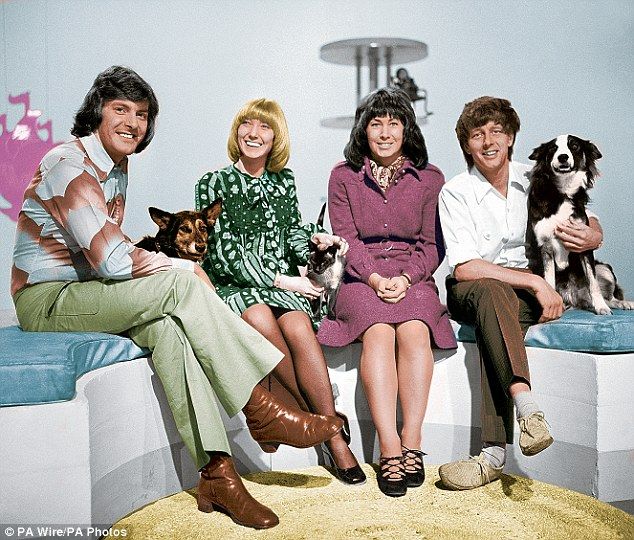
https://www.google.com/url?sa=i&url=https%3A%2F%2Fwww.pinterest.co.uk
%2Fpin%2F355080751855985637%2F&psig=AOvVaw3jgKz1x_yEOKlgEUeKofE0&ust=
1710634499446000&source=images&cd=
vfe&opi=89978449&ved=0CBMQjRxqFwoTCPDwqefE94QDFQAAAAAdAAAAABAE
It’s natural to be nervous when you care about something so much, but how was I going to fight these nerves? I had to bite the bullet by completing the simulated interview on my work experience module.
For this exercise, my peers interviewed me based on a job I would like to apply for after university. The purpose of this exercise was to get feedback on my strengths and also points for improvement. This would ensure that I am well prepared for when the BBC bosses come calling!
To reflect on this experience, I will be using Boud’s (1985) model of reflective process, who in their work emphasise that.
“It’s only when we bring our ideas to our consciousness that we can evaluate them and begin to make choices about what we will and will not do.”
Boud (1985).
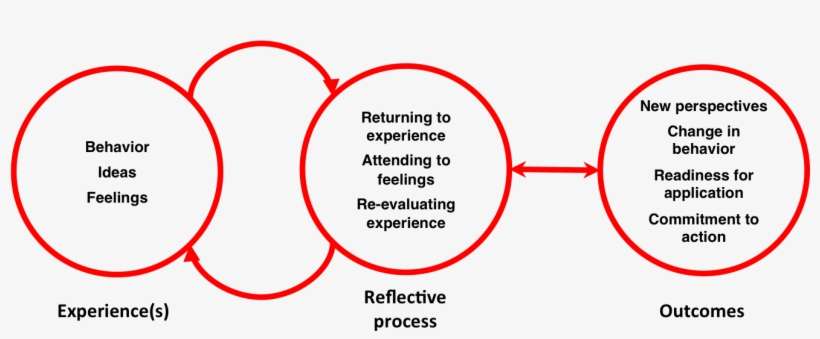
This felt like the best method to employ for my reflection as it allows me to distinguish how the interview process occurred, what the value of this exercise gave me and how I’ll utilise these skills in the future.
/*! elementor – v3.19.0 – 07-02-2024 */
.elementor-heading-title{padding:0;margin:0;line-height:1}.elementor-widget-heading .elementor-heading-title[class*=elementor-size-]>a{color:inherit;font-size:inherit;line-height:inherit}.elementor-widget-heading .elementor-heading-title.elementor-size-small{font-size:15px}.elementor-widget-heading .elementor-heading-title.elementor-size-medium{font-size:19px}.elementor-widget-heading .elementor-heading-title.elementor-size-large{font-size:29px}.elementor-widget-heading .elementor-heading-title.elementor-size-xl{font-size:39px}.elementor-widget-heading .elementor-heading-title.elementor-size-xxl{font-size:59px}
Experience:
Lets talk preparation.
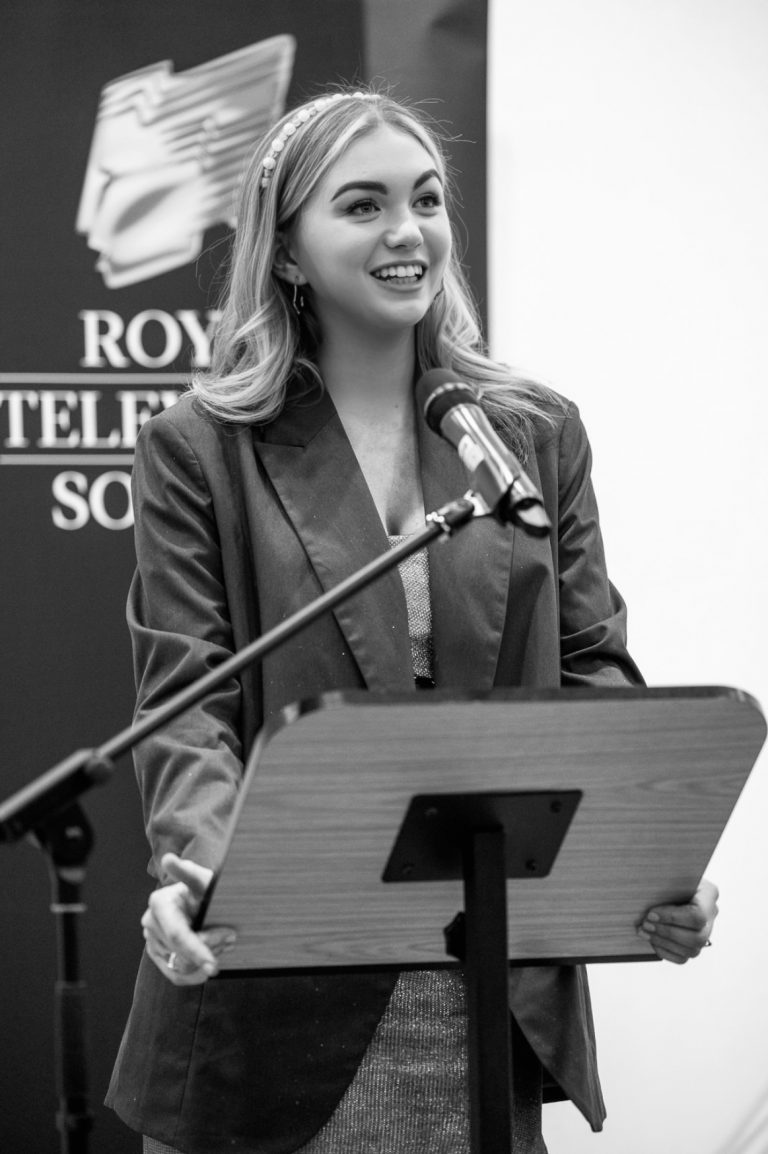
Finding my passion for presenting has been the greatest highlight of my time studying at Queen’s. This wasn’t just because I always loved chatting or performing for the cameras (I’m not that vain) but instead because I learnt the true art of journalism through this degree.
It wasn’t until my work experience, where I found my love for children’s television and discovered my ambition to be a Blue Peter presenter. At the time, I idealised the current presenters. I admired their natural approach to broadcasting and their confident communication. From this, I made it my mission to learn what skillset you needed to be employed by CBBC.
To prepare for my stimulated interview I undertook a lot of research. This included looking into the BBC as an organisation, noting down the qualities of a successful presenter, general television etiquette; among many other things.
As a public service broadcaster, I have always perceived the BBC as an established organisation that produces audience-focused content. Yet, it wasn’t until I started researching the organisation that I realised the impact of children’s television and the importance the presenters play in upholding the positive image of Blue Peter; a live entertainment programme with a legacy for encouraging children to push themselves out of their comfort zone.
“Children’s programming is amongst the most important content the BBC produces” Waiting (2008).
I realised through my preparation that it was important to understand that there was more to presenting than entertaining and communicating. It was also crucial to remember that I would be working with minors, which was a new challenge for me, and I needed to learn the regulations around working with children. I felt that learning this would allow me to stand out to an employer as it showed empathy and respect for the production.
Going into this interview I also wanted to impress the panel with my communication skills. I mean can you call yourself a good presenter if you aren’t a natural at the art of speaking? To do this I tried techniques to practice my public speaking skills, I recorded myself interviewing friends and I studied techniques such as eye contact and body language to ensure I communicated well within this interview. An idea suggested by Gregory, et al (2008),
“Employers are looking for people who can explain concepts and enthuse or persuade others.”
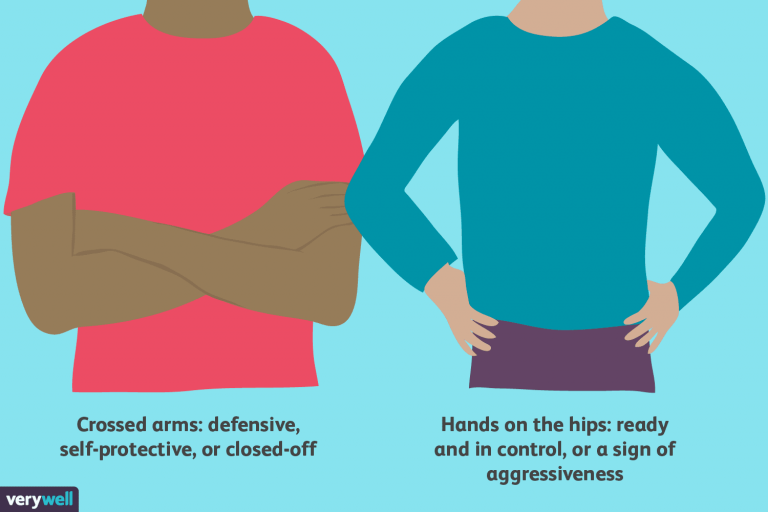
https://www.google.com/url?sa=i&url=https%3A%2F%2Fwww.verywellmind.com%
2Funderstand-body-language-and-facial-expressions-4147228&psig=
AOvVaw3YqVG_wXaUQ9m0xG3ZrtVN&ust=
1710635066761000&source=images&cd=v
fe&opi=89978449&ved=0CBMQjRxqGAoTCOCkla7C94QDFQAAAAAdAAAAABDrAQ
After a lot of research and hyping myself up, I felt ready for the big day!
(At least I thought I was)
Finally, judgement day.
I arrived at my simulated interview, dressed professionally of course, but also with a smile and eagerness to showcase my best self to a panel of classmates. I was extremely nervous. To mask this, I tested the techniques I had learnt by holding very open body language and maintaining a calm level to my voice. My biggest fear came down to the apprehension as to what the questions could be and if they would catch me causing me to crumble under the pressure.
Reflection:
Lets debrief.
Onto the important business, what did I learn from this experience?
Thankfully, the interview was not as disastrous as my anxious little brain had expected. Instead, it was a huge success. The questions covered topics like diversity on screen, child protection and my experience in public speaking. I was coming across as well-versed and I made sure to answer the question with the job description expectations in mind. I made sure that my tone expressed my admiration for the role, whilst also using each platform as a point to hone in on the skills that make me the best candidate for the job.
Admittedly, a question that caught me off guard was situation-based. The panel asked me a question regarding a member of talent on the programme, who is also under the age of 16 and has approached me with concerns that they are feeling unwell. They were really testing me here with a safeguarding question, weren’t they? I very much was not expecting that.
However, what I did well here is I took a moment to think before answering. Pausing to reflect allowed me to delve into the research I had done into BBC child protection policies, taking reference from BBC editorial guidelines (2023),
“Their welfare must take priority over any editorial requirement”
but more importantly, it also allowed me to think about my time working with the chaperones on Blue Peter and talk about the importance of their role on set to keep children protected.

Although the experience was positive and great for my future development it did make me realise that a point of improvement could be expanding on my experience when responding to questions. This was a point noted in my feedback by one of my peers. Through the STAR technique, the panel conveyed my strong use of referencing my passion and knowledge of the programme but suggested that it would have been nice to hear more about my description of skills. For example; being a thrill seeker and how this can be applied to content ideas for the programme. They also noted that I should be more comfortable in the admission of vulnerability as it comes across as very honest and approachable.
This is a skill that I hope I can develop with practice. It’s not necessarily that I need to be less shy and sing my praises from the rooftop, but it learning how to confidently give examples of how my skillset matches the criteria of the job role.
The highlight of my peer feedback was the positive reception of my body language, speech and eye contact. This has always been a challenging point for me as I often worry if I am talking at one hundred miles an hour in my already thick derry accent. I was extremely glad that my body language did not let me down, after all my hard work, as this is always a point I want to continuously improve on as a presenter.
Outcomes:
So Catriona,What did you learn?
Overall, I truly benefited from this exercise and I know this was a great test run in preparation for what I one day hope will be the real thing.
One of the most valuable skills I took from this experience was the importance of confidence and how this really can be attractive to a future employer.
Let me be honest here, this did take a bit of channelling my confident alter ego for 10 minutes. A skill that Adams, et al (2023) backs,
“Displays of confidence such as assertive language, upright posture, fast replies and other cues can be an advantageous self-presentation strategy.”
However, as I started to display open body language and enthusiasm, I radiated this strength and I started to trust that my hard work and sleepless nights of tuning into CBBC were paying off.
Most importantly, what I took from this experience was a reminder that I have a passion and love for children’s television presenting. Through my detailed research and ability to expand on the panel questions with passion, I realised that I truly adore what I do. Not only do I want to keep bettering my skills for the security of knowing I can succeed in an interview but I also want to ensure I can be a role model for young viewers through my love for my craft.
So, I had convinced my classmates that I was fit for the job, what’s next for me you might ask? Ahh, just the next very insignificant task of convincing the big BBC bosses and the rest of the nation I fit the bill too!
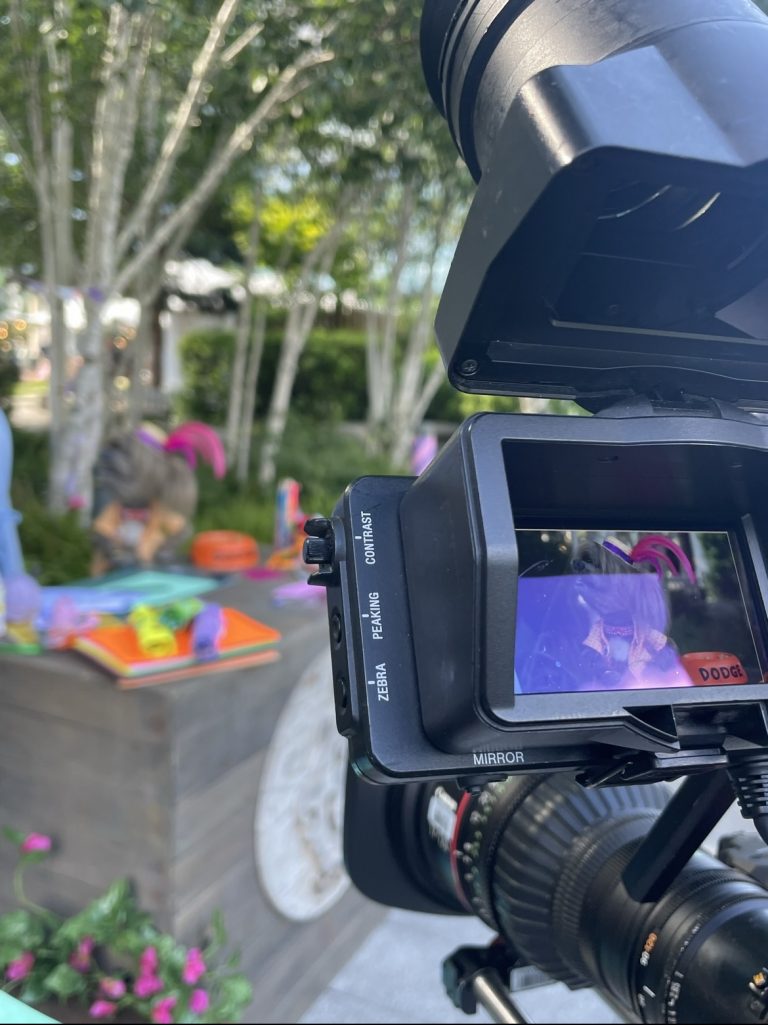
Bibliography:
Adams, Holly, et al. “Consequences of Showing Confidence: Comparing Perceptions of Self-Confidence Displayed by Women and Men.” SSRN Electronic Journal, 2023, https://doi.org/10.2139/ssrn.4336565. Accessed 12 Feb. 2023.
Boud, David. Reflection: Turning Experience into Learning. Routledge, 1985, https://doi.org/10.4324/9781315059051.
Gregory, Georgina, et al. Careers in Media and Film: The Essential Guide, SAGE Publications, Limited, 2008. ProQuest Ebook Central, https://ebookcentral.proquest.com/lib/qub/detail.action?docID=420885.
BBC. “Section 9: Children and Young People as Contributors – Introduction.” Www.bbc.com, www.bbc.com/editorialguidelines/guidelines/children-young-people/
Waiting, Chris. BBC RESPONSE to “the FUTURE of CHILDREN’S TELEVISION PROGRAMMING”. 2008, www.ofcom.org.uk/__data/assets/pdf_file/0029/29666/bbc.pdf.